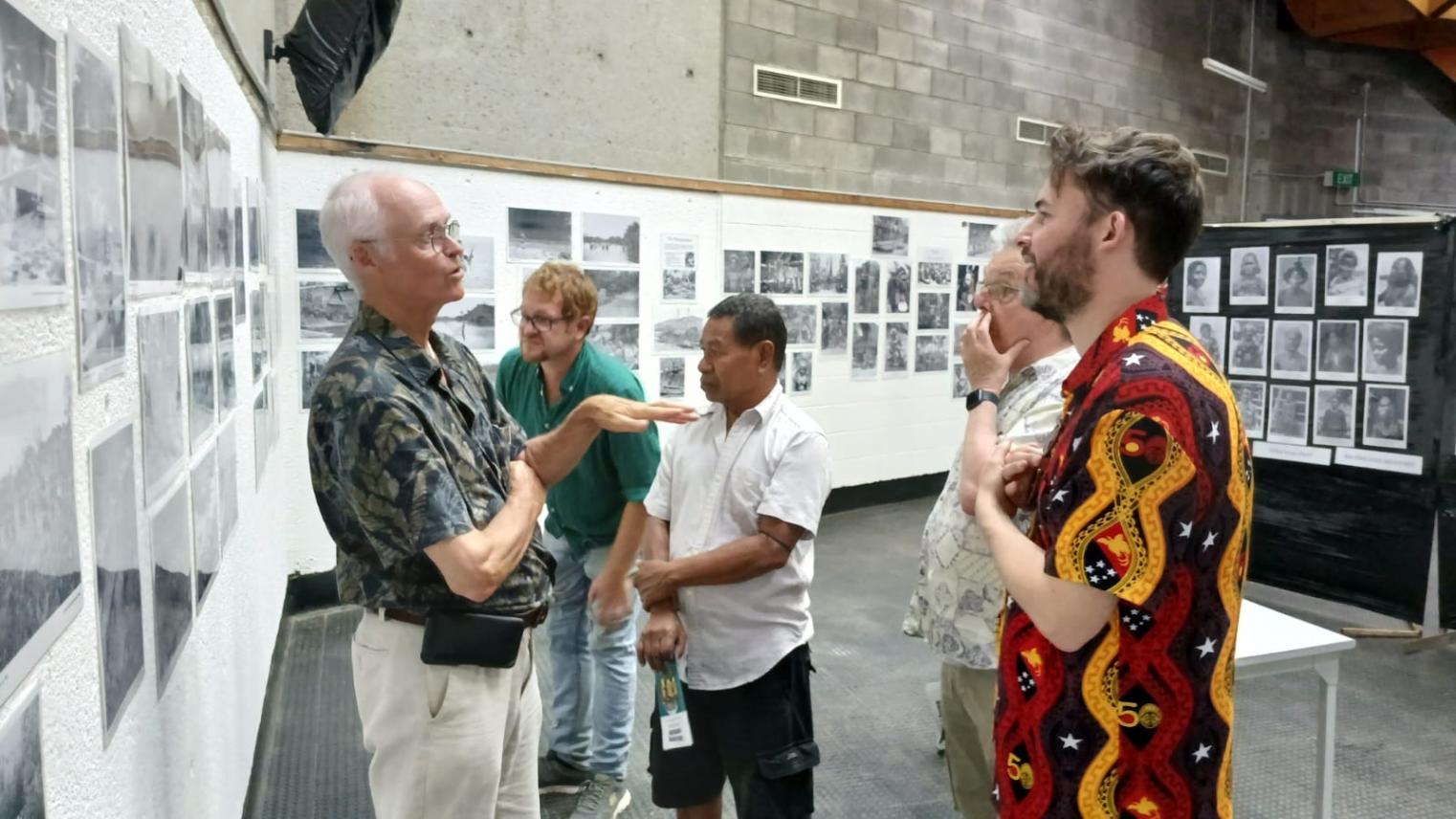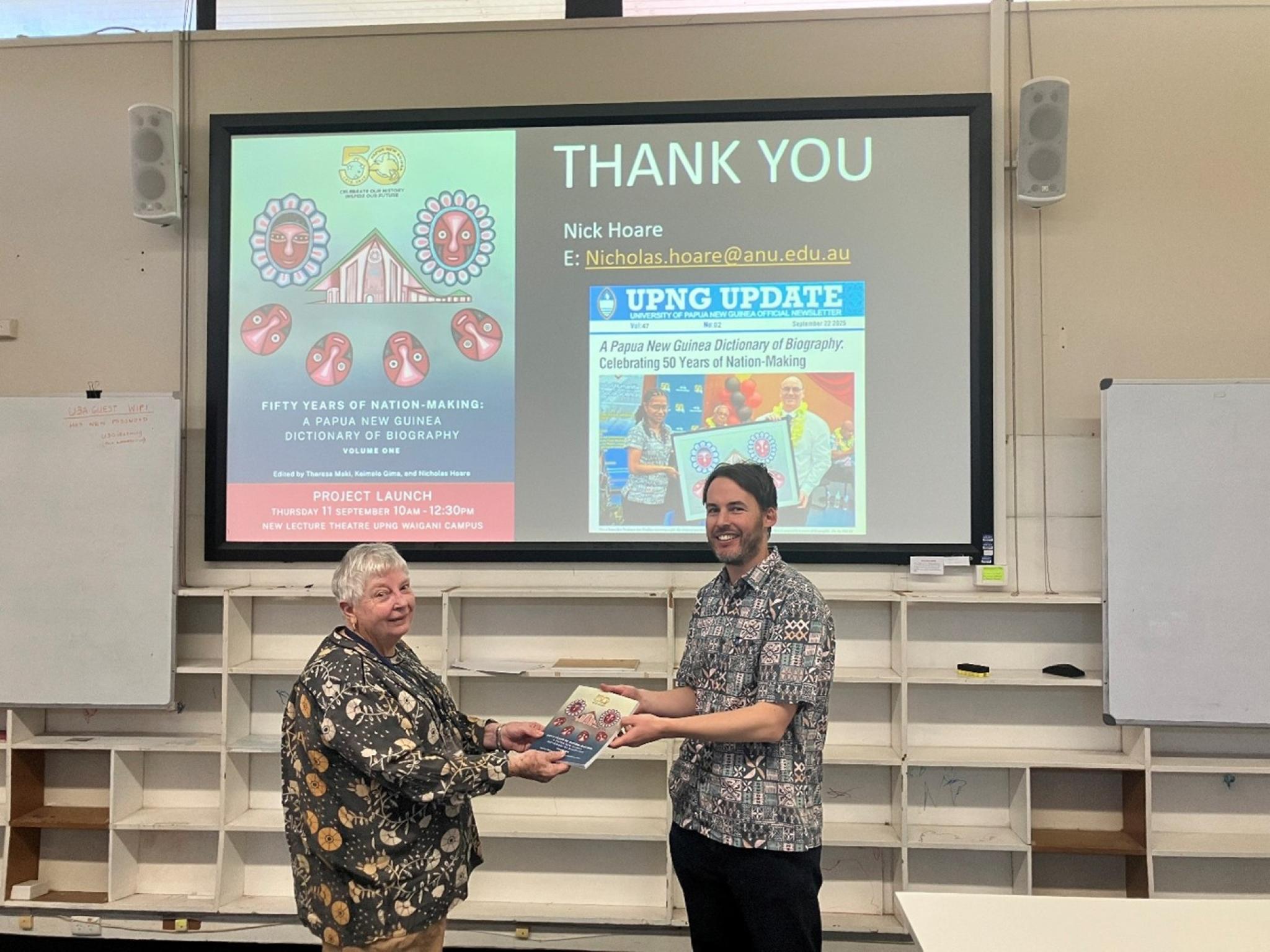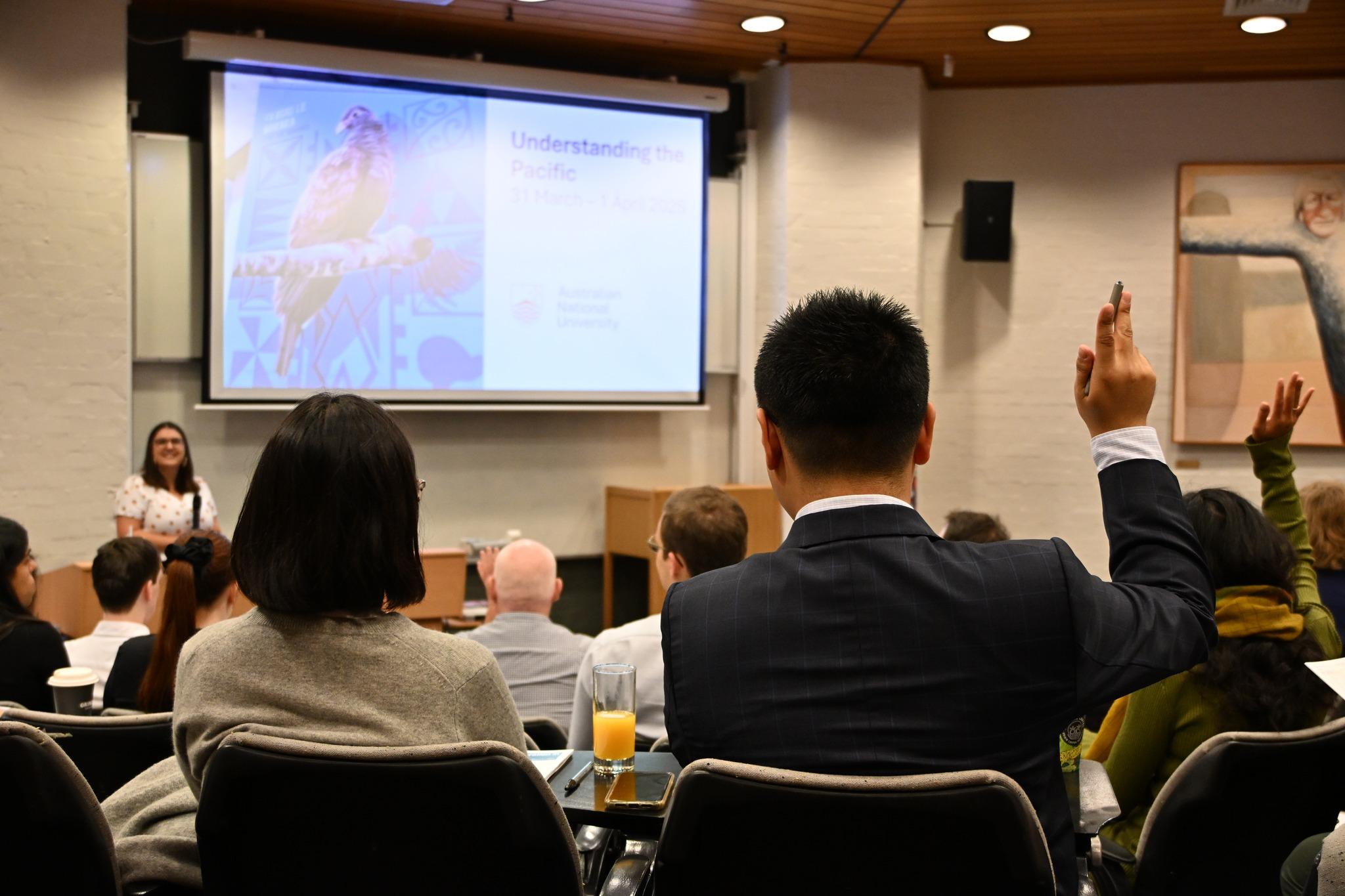While the Department of Pacific Affairs (DPA) spends most of its time focusing on the wider region, an important but often overlooked part of its mission is to improve Pacific literacy among Australians. The ways that DPA staff and students do this is multiple: most teach into the Bachelor and/or Master of Pacific Studies and contribute their expertise through higher degree research supervision. Some host podcasts and contribute to the national media, while others take part in the Understanding the Pacific intensive short course aimed at staff from the Department of Foreign Affairs. A growing number of DPA’s experts are also contributing their time to U3A’s Friday morning class ‘Melanesia, Micronesia & Polynesia: Our Pacific Neighbours’.
The University of the Third Age is a worldwide education movement focused on providing activities and classes to members of the community who have reached the ‘third age’ of their lives with the minimum age for enrolment being 50. Membership within Australia extends to over 100,000 and the Canberra branch, founded in 1986, is home to about 4,000 students.
Judith (Judy) Johnson, a former teacher, environmental scientist and international diplomat with both the United Nations and the Commonwealth Secretariat has been the leader of the Pacific course for the last 11 years. Judy is also an avid Pacific watcher and has a great eye for potential speakers and interesting Pacific-related events across Canberra’s cultural institutions. While having relied on ANU expertise for some time, in the last two years, she has drawn more heavily from DPA with Nicholas (Nick) Hoare, Theresa Meki, Amanda H A Watson, David Oakeshott, and Henrietta McNeill all speaking one or more times to the class.


